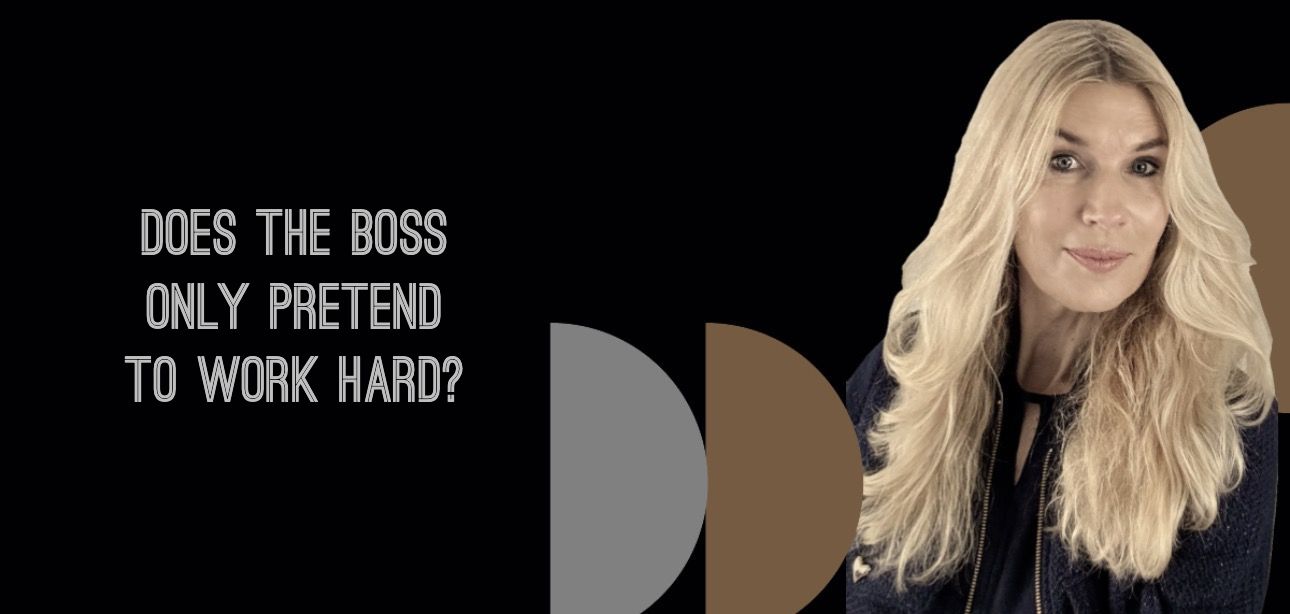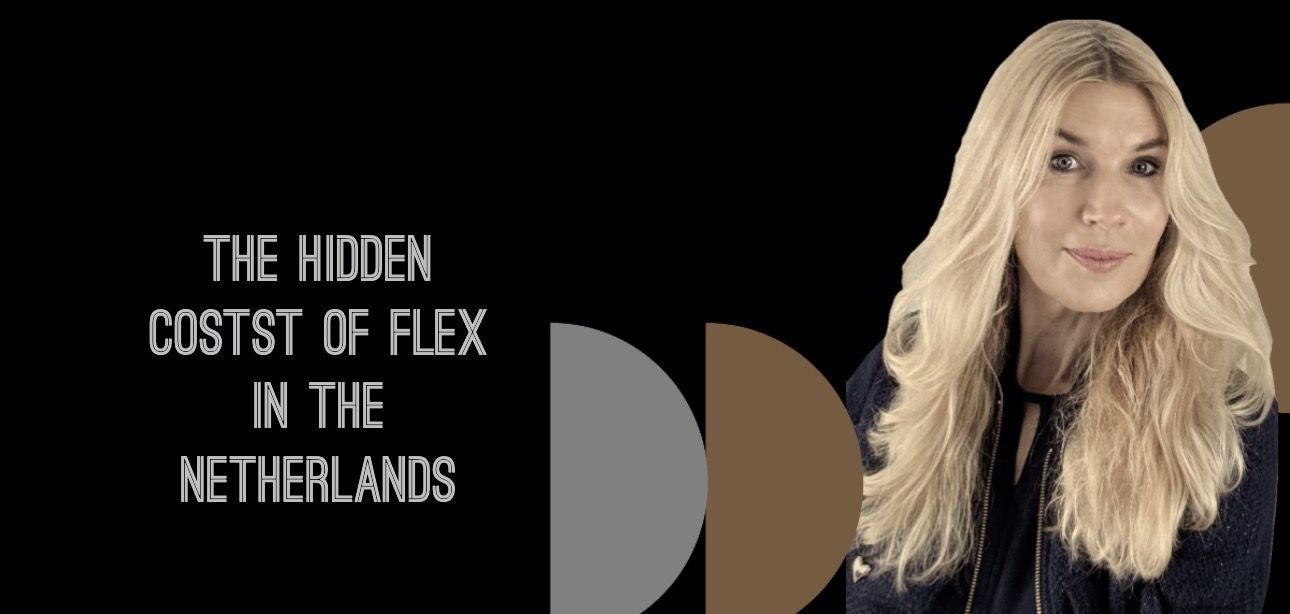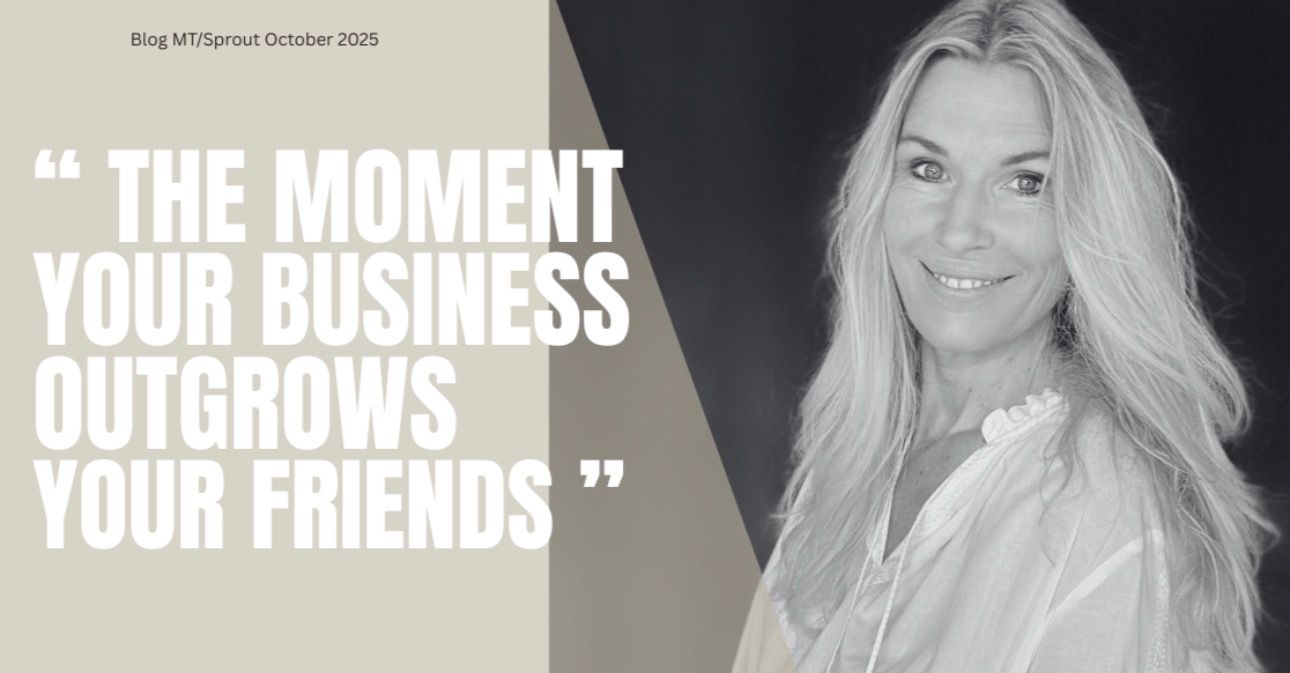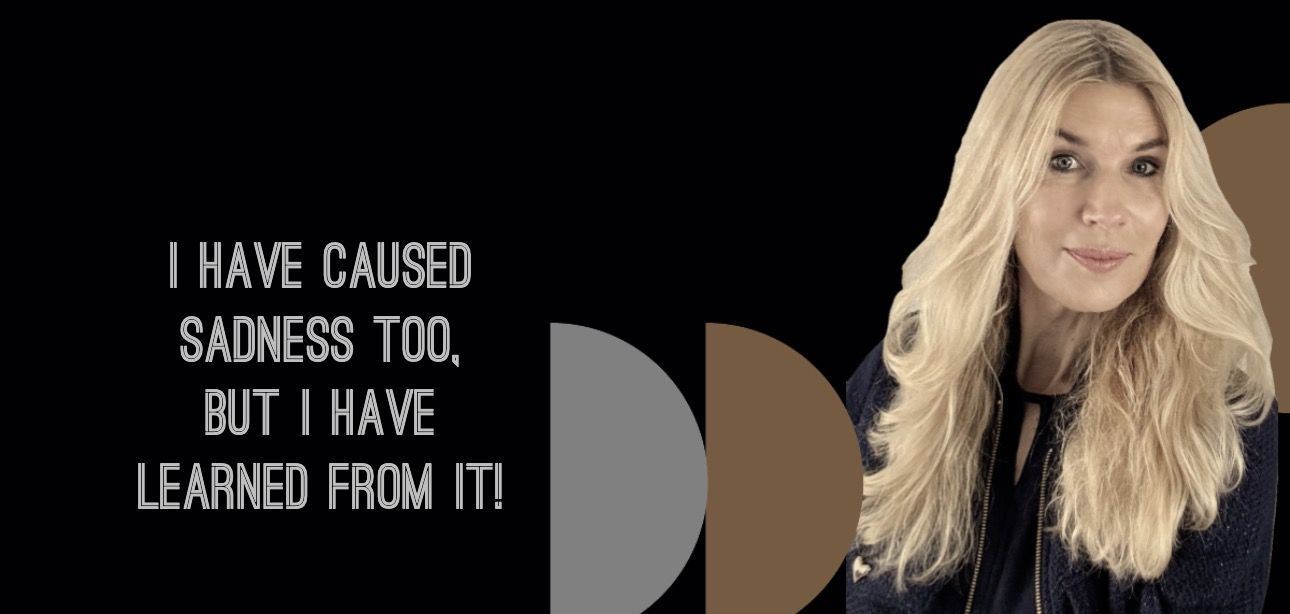Does the Boss Only Pretend to Work Hard?

Last week, I came across an article in the *FD* with the headline: *It’s Often the Boss Who Pretends to Work Hard.* What a title! It immediately made me reflect on myself before forming any opinions.
Since my time as a manager in the 1990s at Uitzendbureau Unique in Leeuwarden, I’ve always had this drive—this unstoppable energy to do everything I could. Back then, the customer was truly king, and I wouldn’t go home until all vacancies were filled. I was literally the one turning off the lights at the end of the day. Looking back, these were often solo efforts because I realized early on that I couldn’t impose my way of working on others. From my own perspective, I believed I was working extremely hard—but let’s be honest, others are quick to judge.
With all the lessons I’ve learned, a strong sense of awareness, and the drive to do things smarter every day, much has changed over the past thirty years. And yet, I believe that my ambitious nature, discipline, and work ethic have shaped who I am today.
The Burden of Administrative Tasks
One thing that continues to frustrate me is the daily burden of logging activities, writing minutes, compiling reports, and handling administrative tasks. Do we, as managers, really need to spend so much time on these things? Of course, some of it makes sense. If you invest in software and want to rely on your dashboards, it’s a simple case of *garbage in, garbage out*. Data takes time—but it’s useful. Everyone uses data. Data makes us smarter... or does it create a reality where managing through KPIs becomes completely redundant? That’s possible too! Either way, it’s always smart to keep these questions on your weekly agenda: What do you *really* need, and what can be eliminated? By doing so, you free up space for team development and innovation.
Wearing Multiple Hats & Juggling Responsibilities
Nowadays, being "busy" isn’t just about navigating administrative tasks. It’s also about the pressure of balancing career ambitions with personal responsibilities—raising children, pursuing interests outside of work, and, let’s be honest, struggling with the challenges of remote work. The reality is, we all wear multiple hats and try to juggle responsibilities, sometimes at the cost of making a real impact. How often do I hear people say, *"I’m so busy because I’m not just a manager—I’m also a parent, a partner, I want to exercise, I have many friends, I need personal time."* It’s a tricky issue because this constant busyness can easily take away from what truly matters.
Reducing Administrative Overload
It’s valuable to take a step back and reflect: How much time do you *actually* spend on meaningful work each day? Where does the real added value lie? I believe it’s crucial to create time not only for expanding your own knowledge—whether it’s AI or other technological innovations—but also for working with your team to explore ways to improve efficiency. By doing so, you reduce administrative overload and create room for team development.
Personal Growth & Team Success Go Hand in Hand
One thing I’ve observed is that dedicating more time to your team allows you to identify the true potential of the people around you—the next generation of leaders. Who on your team has the drive to go the extra mile, to support colleagues, or to embrace new digital tools that enhance daily processes? It’s this energy that propels an organization forward when personal growth goes hand in hand with team success.
As managers, we have the power to make a difference by fostering a culture where it’s not about the number of hours worked but about the *impact* we create.
Delen
Ineke Kooistra Blog & Articles










